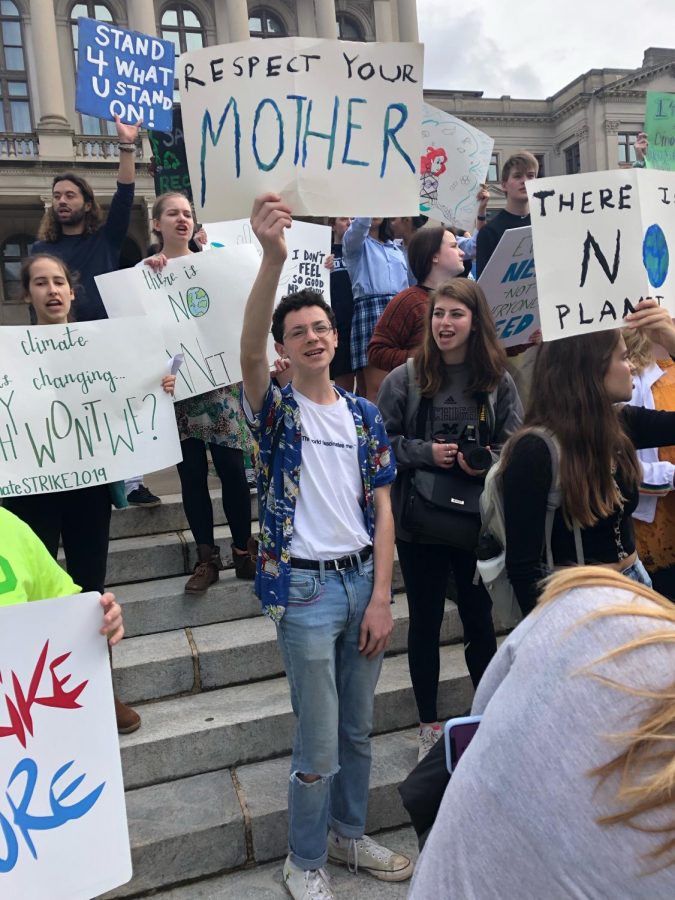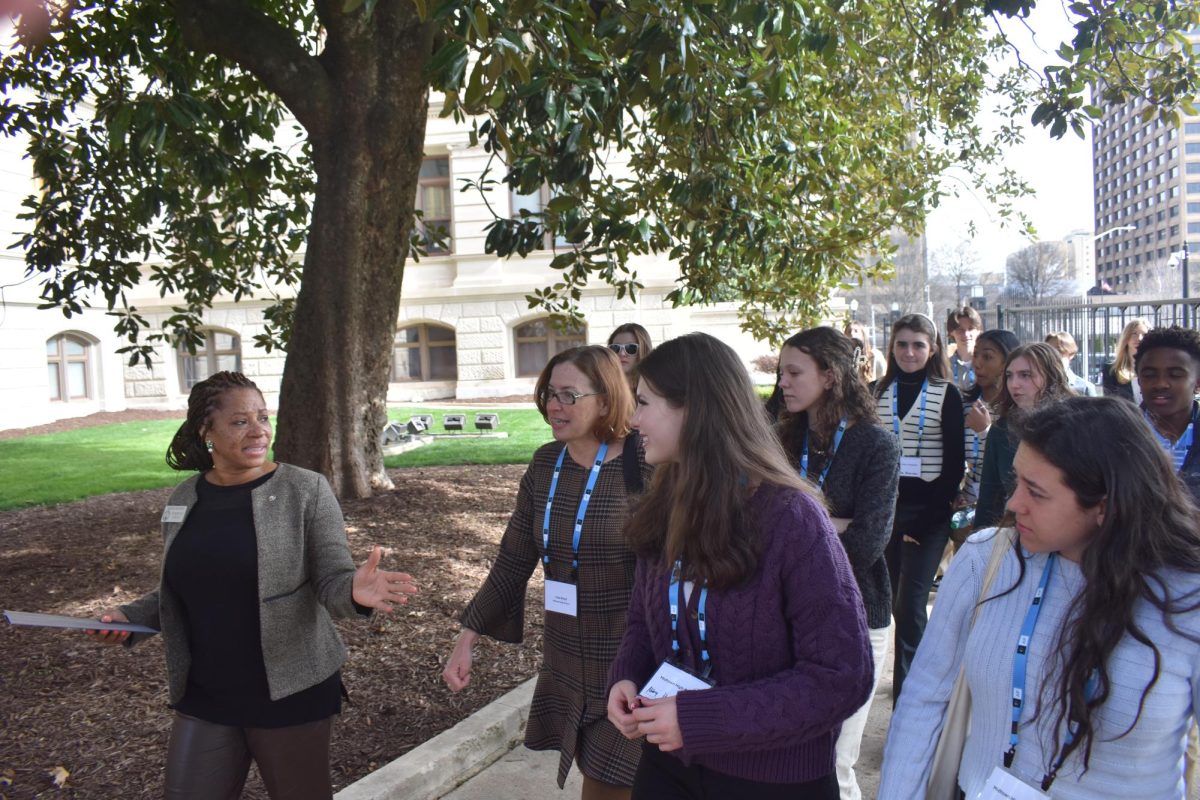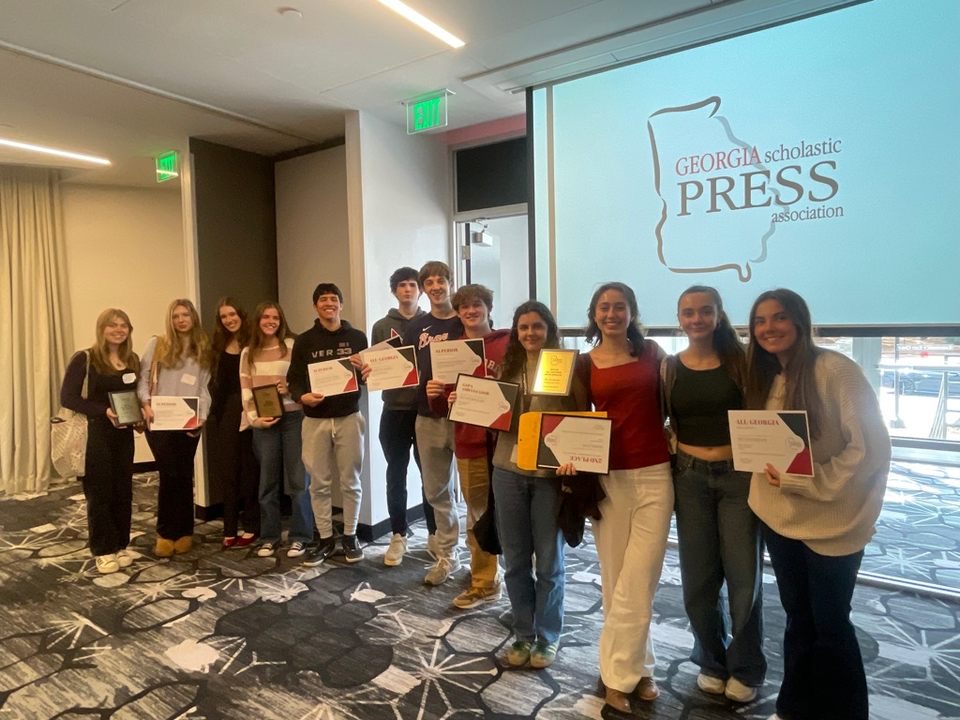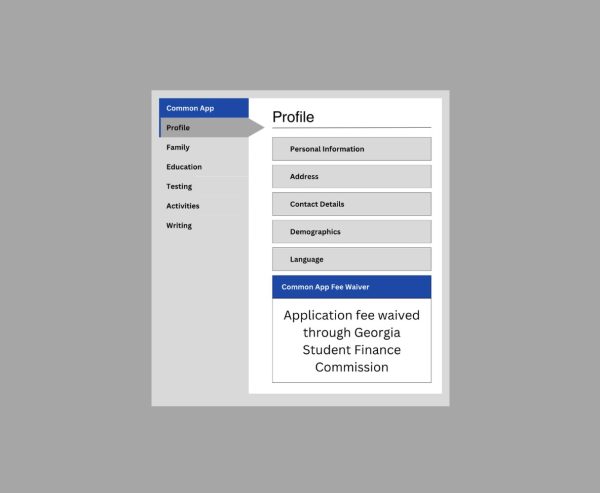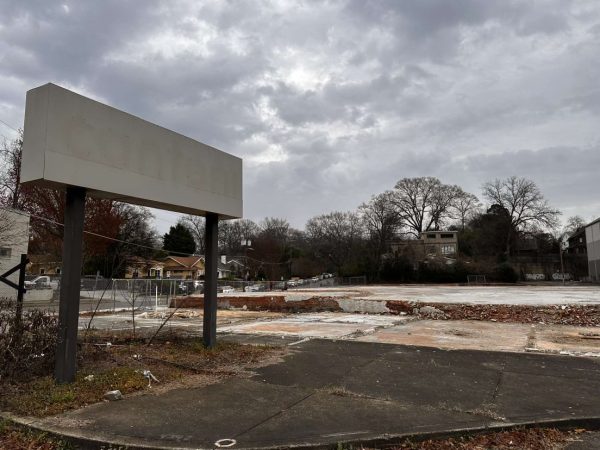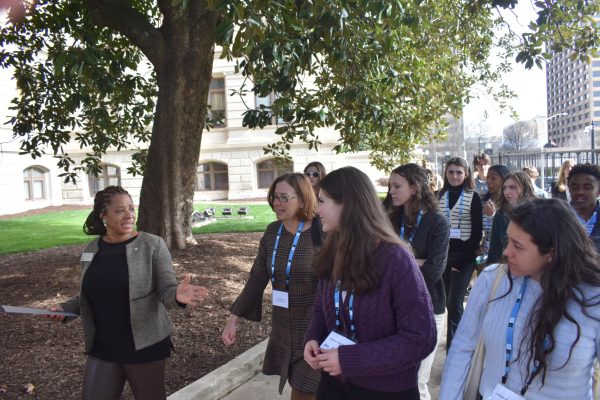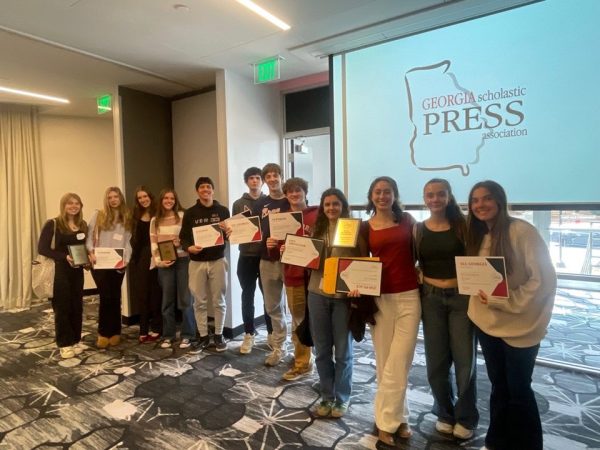City Council commits to clean energy by 2035
May 3, 2019
With record temperature changes and student-led activism sweeping the nation, the Atlanta City Council followed suit by doubling down on its commitment to have the city run on 100 percent clean energy by the year 2035.
A level of urgency was placed on the 80-page “Clean Energy Atlanta” plan of action. Released by the Mayor’s Office of Resilience, the plan outlined the process by which the city would combat climate change on the local level.
“When the future of the planet is at stake, you have to be ambitious,” City Councilman Matt Westmoreland said.
In total, Atlanta uses 8.1 million megawatt hours of energy every year with only 6 percent coming from clean energy. This plan seeks to accelerate the process of renewable energy by first having all municipal facilities powered by renewable energy by 2025.
“There are two pieces to it — one of them being the city government, meaning the airport and watershed and all municipal buildings be 100 percent clean energy by 2025,” Westmoreland said. “That whole process is on us. We need to be working towards that goal.”
In creating the plan for clean energy, the Office of Resilience had to understand how much energy would be required as well as financial capital. In the end, the plan outlines various options that the city could take in this endeavor.
“There are basically three paths that the city could take on the road to clean energy: doing nothing, using a mix of resources, and doing 100 percent clean energy,” said Stephanie Stuckey, the former chief resilience officer for the city and architect of the clean energy plan.
In a 3,500-person survey conducted by the Mayor’s Office of Resilience, over 83 percent of respondents support the goals set out for clean energy. Public support on this issue is essential for implementation as the resolution is non-binding, meaning that it is not legally enforceable.
“We had four main meetings with residents in every quadrant of the city and also did stakeholder interviews with different key groups like equity leaders and the environmental community and business leaders,” Stuckey said.
While the resolution passed unanimously through the city council and has the public’s approval, some fear the viability of implementing this plan.
“There are a lot of obstacles that the city must face. You have to deal with existing infrastructure that may or may not support clean energy,” said Patrick O’Donnell, the managing partner at Hannah Solar in Atlanta. “There is a tremendous amount of power the grid is already using. To put solar or wind on every building that everyone owns would logistically not be probable.”
There are many moving pieces that have to fall into place in order for this plan to be accomplished ranging from community involvement to political capital. One key aspect of this plan involves the use of Renewable Energy Credits or RECs to fulfill the dream of green energy.
These credits are an integral piece of the plan, as Georgia Power’s territorial lease gives them a monopoly on energy consumption in the city. This is important because Georgia Power uses nuclear energy for Atlanta, and the resolution that passes does not allow nuclear to be counted as renewable energy.
“The only way to get to 100 percent clean energy is by purchasing renewable energy credits, which are saying ‘yes we are using nuclear because we have to but we will use outside solar farms paid for by the city to mitigate the use of nuclear,’” Stuckey said.
While not mentioned in the cities plan, the political atmosphere regarding climate change has played a massive role in the decision to implement such an ambitious goal.
“I think that the president announcing that the country would be leaving the Paris climate accords was concerning and caused local governments to look up and say that we have to push harder if the federal government is not going to do much,” Westmoreland said.
While this may be a nonbinding resolution in terms of legality, the citizens of Atlanta have made it clear that they in no way see it as one. Residents have been increasingly concerned after International Panel on Climate Change released a report with a dismal outlook for the future in regards to climate change.
“Many residents are aware of the IPCC report saying that if we don’t make direct action, the world as we know it will not exist,” Stuckey said. “You can say that it’s non-binding, but for me, it’s a very clear signal from the public saying we want action.

